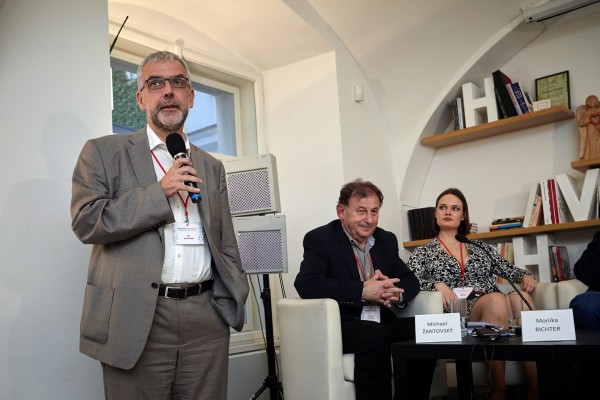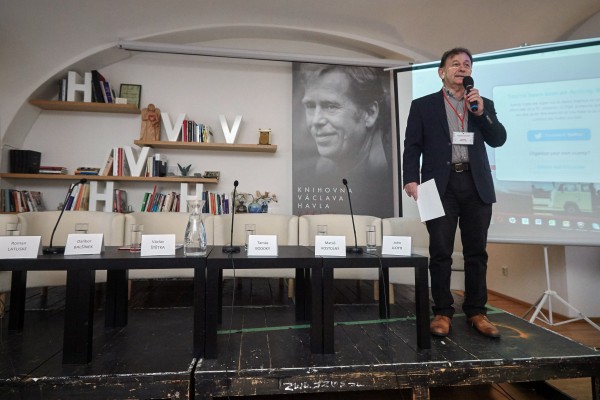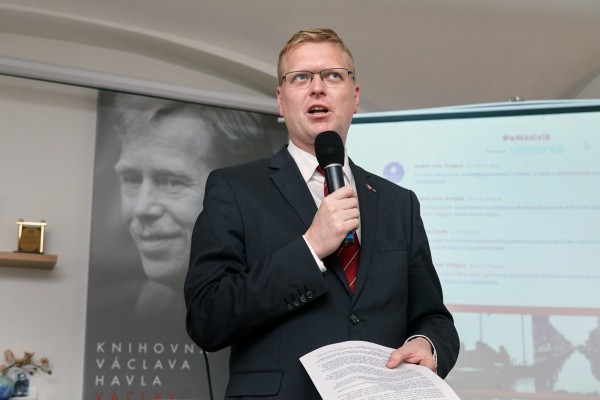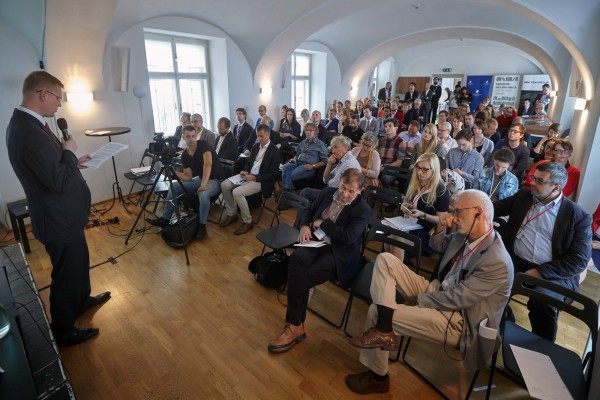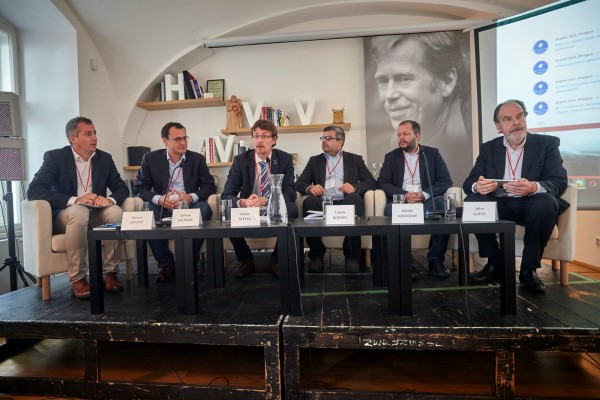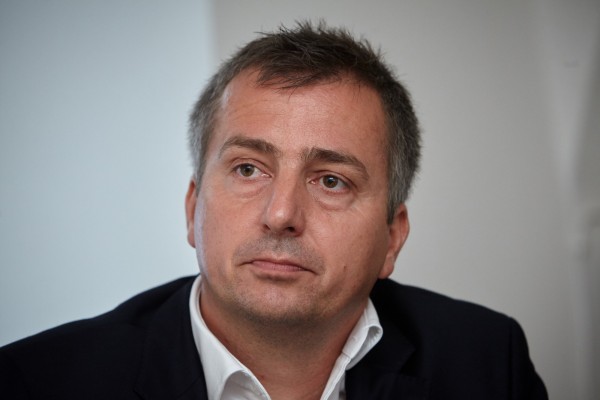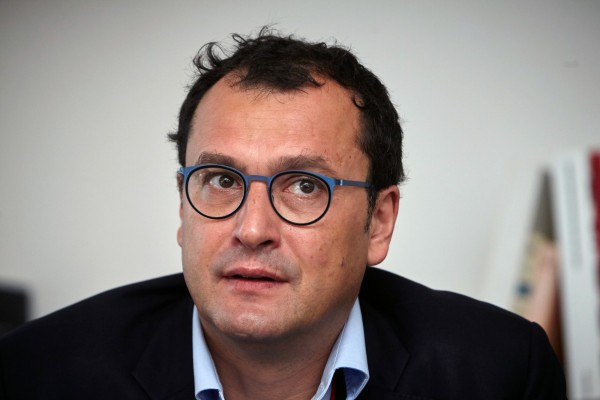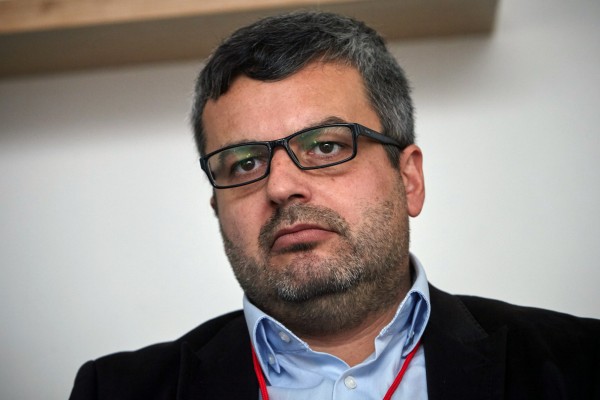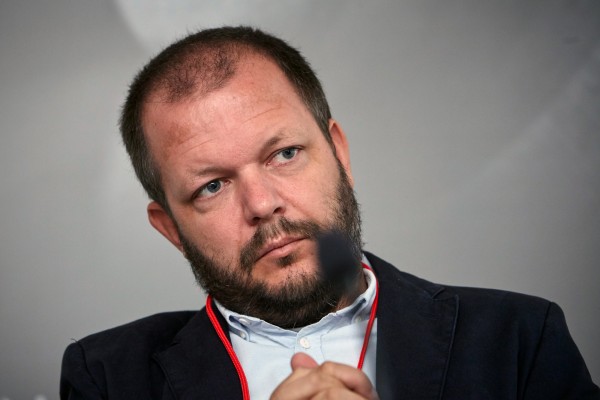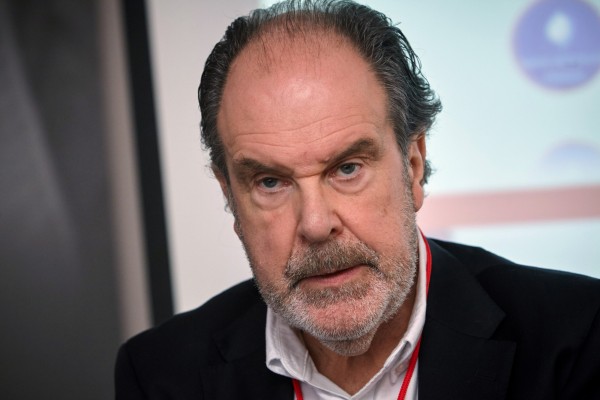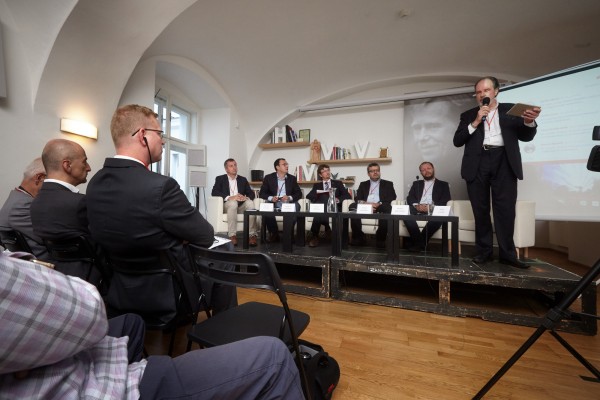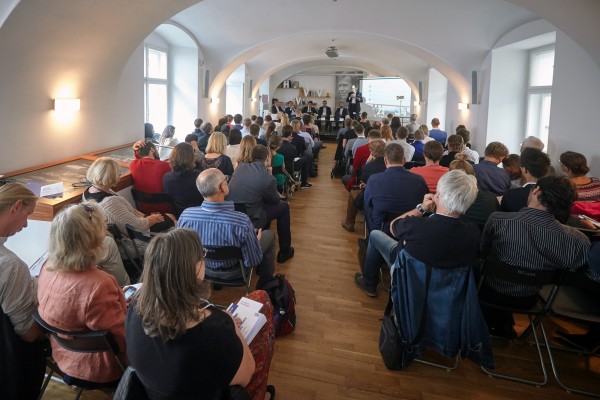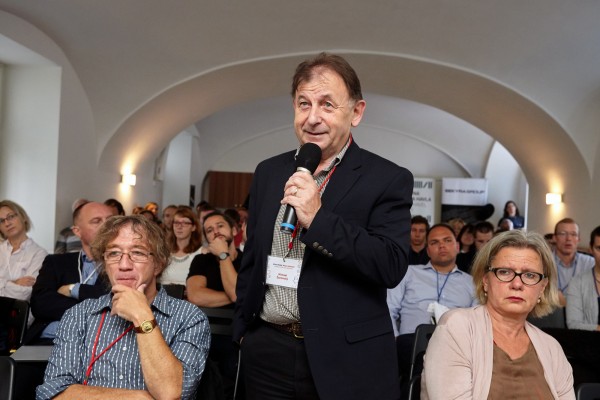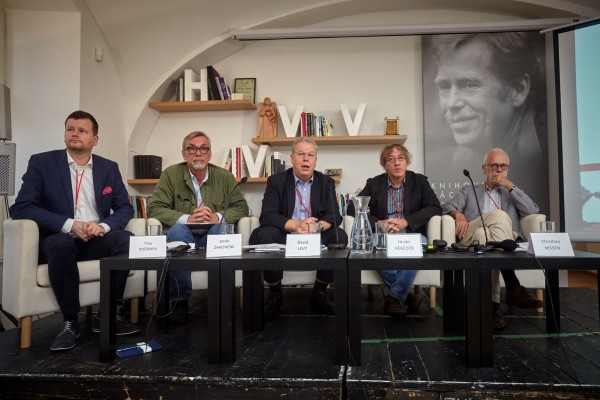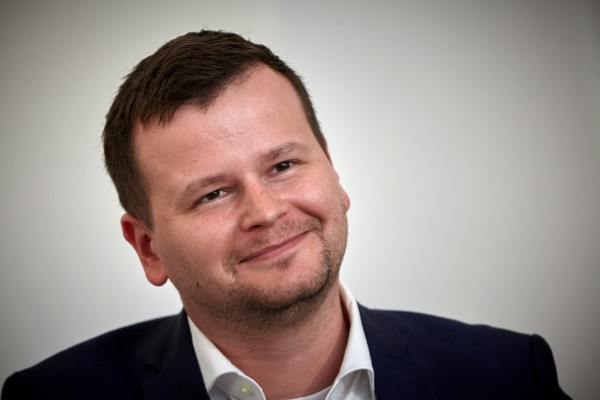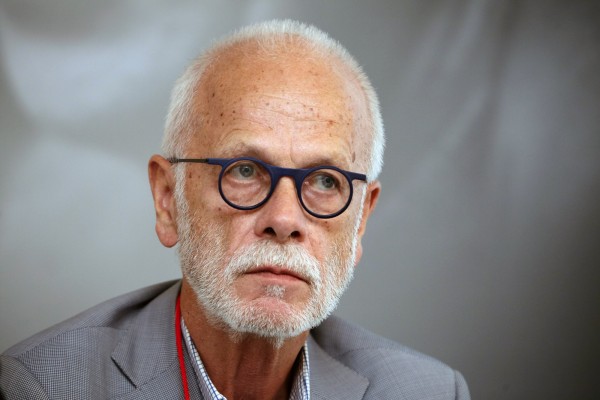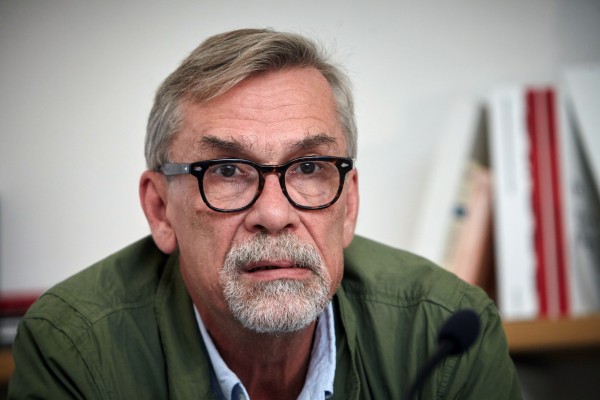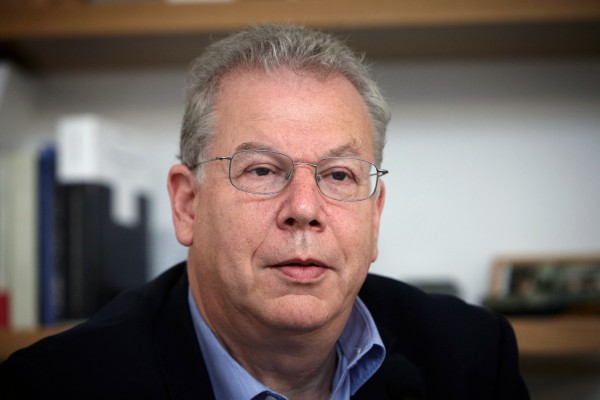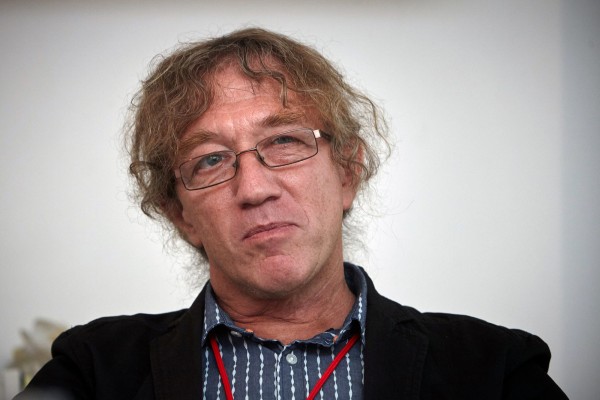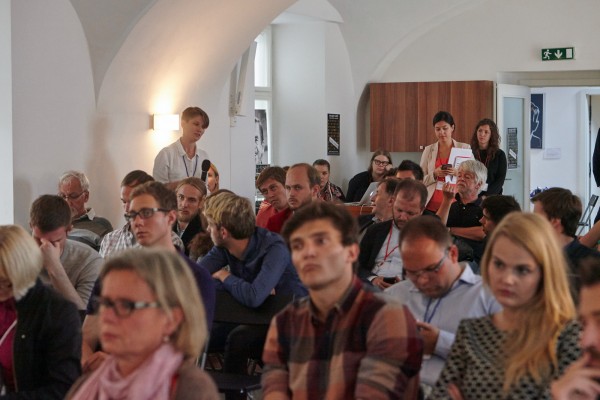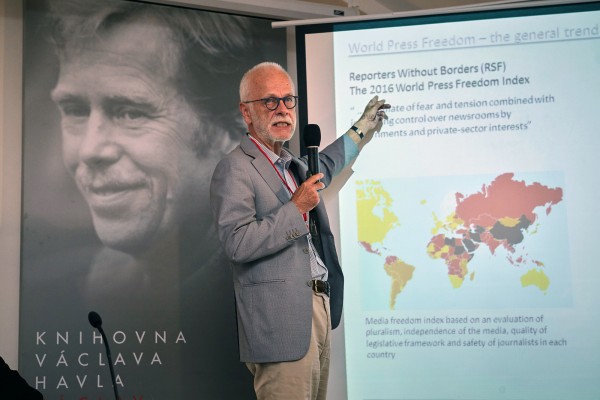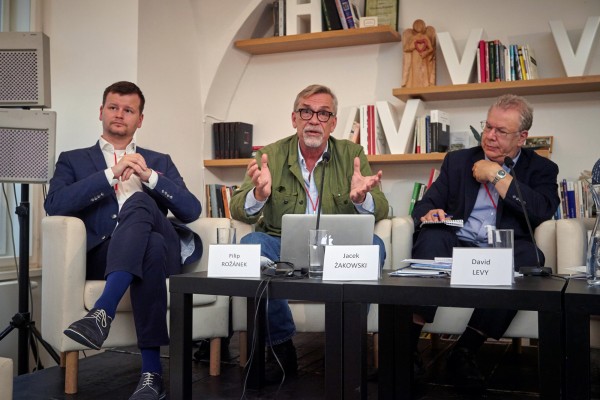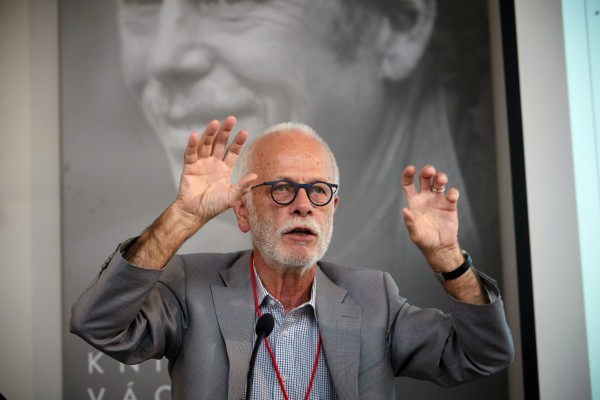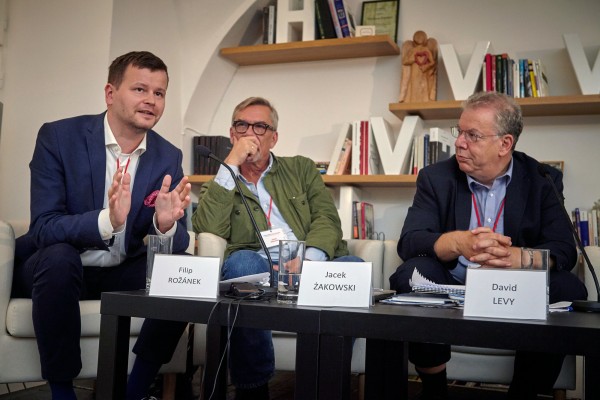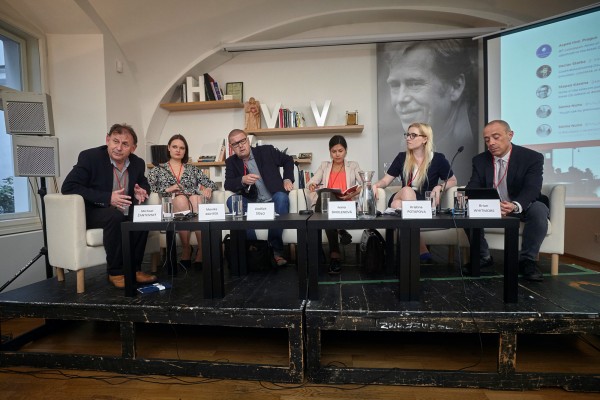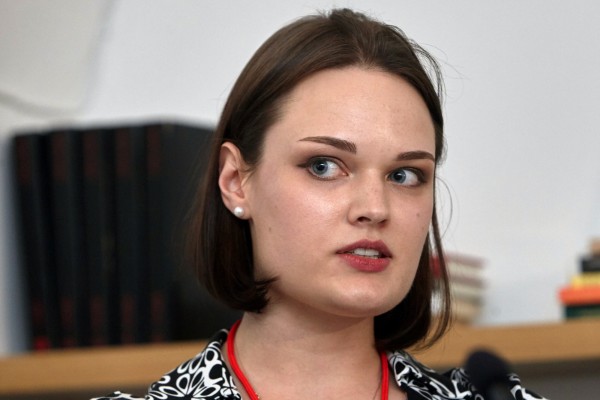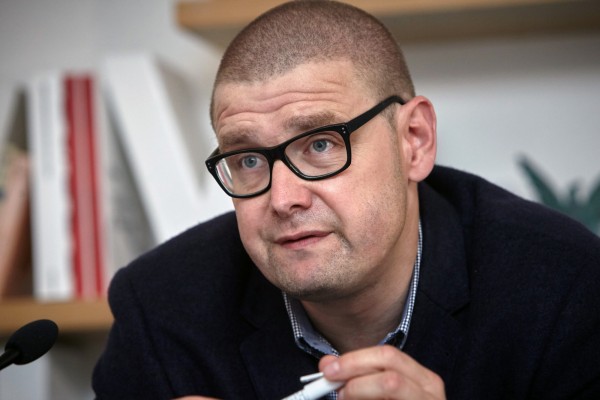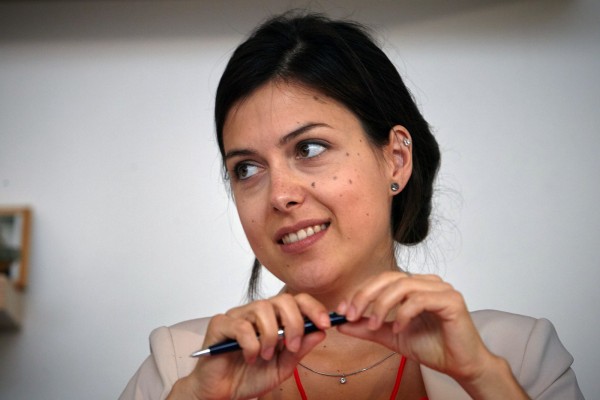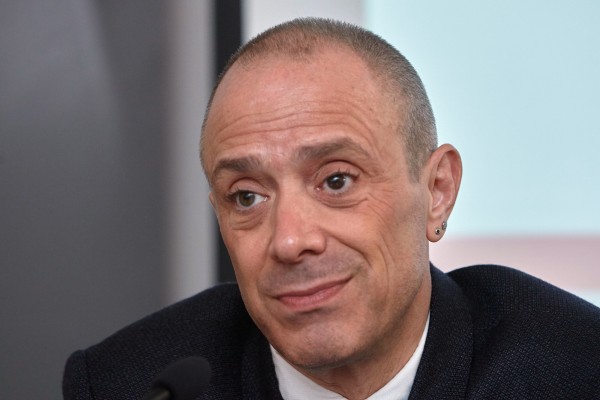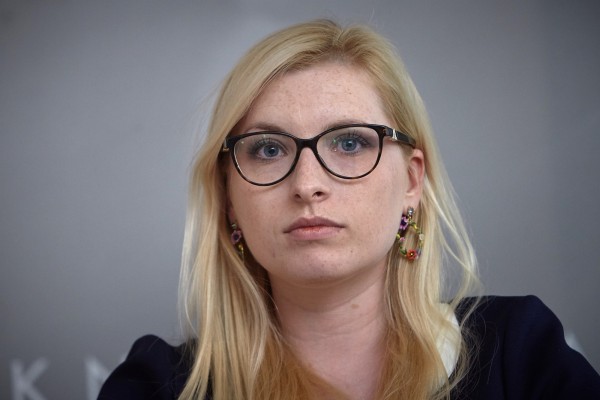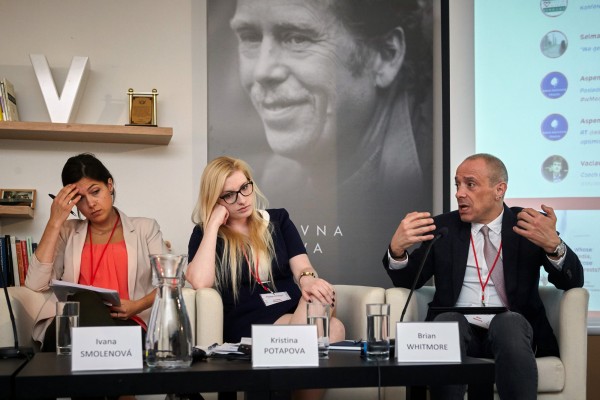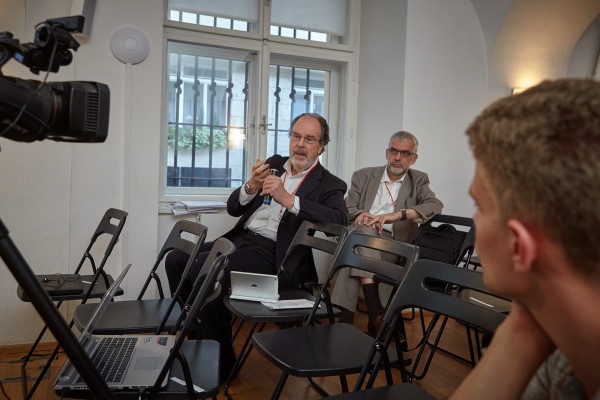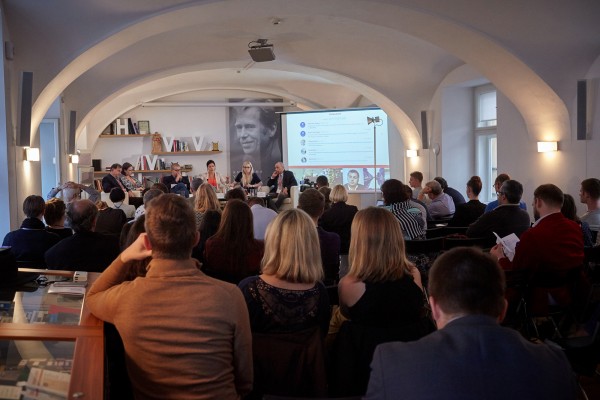The conference ‘Whose media? Whose interests? Ownership, Public Sphere and Online Space’ took place at Václav Havel Library on September 18, 2016. Its aim was to critically reflect upon some of the main issues which currently surround debates about the performance of media in the Czech Republic and Central Europe in general, namely the changing models of media ownership, the independence of public service broadcasting, as well as the spreading of disinformation and propaganda via the social network sites.
The welcome note by Michael Žantovský, the Director of Václav Havel Library and Vice-President of Aspen Institute Prague, was followed by an opening speech held by the Czech Deputy Prime Minister Pavel Bělobrádek. He primarily discussed the conflict of interests between media ownership and political service, in relation to the Minister of Finance Andrej Babiš and the recent legislation changes in Czech Republic.
Konferenci zahájil společně s @zantov take @PavelBelobradek #wMedia16 pic.twitter.com/2JahT5Xhjd
— Aspen Inst. Prague (@Aspen_Prague) 18. září 2016
The following panel addressed analogous issues of Media Ownership and Journalistic Autonomy. The keynote was held by John Lloyd from Reuters Institute for the Study of Journalism and the panelists were mainly journalists who had, due to moral reasons or experience of unfree press, quit their positions and founded their own independent on-line media or journals.
The afternoon panel referred to Public Media Service. The keynote speaker Christian Nissen from Copenhagen Business School and formal Director of Danish Broadcasting Corporation presented pictures showing the extent of Public Media Service independence among European countries, and he stressed the alarming difference between North-West and South-East countries. On the other hand, Filip Rožánek challenged this pessimistic view and argued that the independence of Czech Public Media Service is not as bad as we are used to claim and he supported his argument with further evidence.
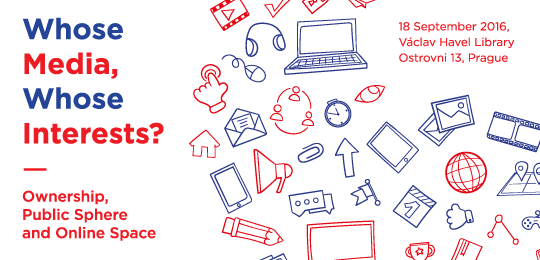
The topic of third panel was New media, Propaganda and Manipulation and the keynote was presented by Brian Whitmore, senior Russia analyst and author of Vertical Blog at Radio Free Europe/Radio Liberty. Although the panelists were mainly specialists on Russian issues, they talked about difficulties of digital media in general. They discussed as well the consequent vulnerability to propaganda, especially in the context of the young generation, which grows in digital media space, however is not taught how to recognize biased and propagandistic information.
The conference was closed by the Executive Director of Aspen Institute Prague Jiří Schneider – he encouraged everybody that despite the mentioned disadvantages of digital era, individuals are now empowered like they have never been before, and therefore we are able to change our current situation.
See the conference program (pdf) or the original invitation.
Conference Twitter hashtag was #wMedia16.
Media coverage
Video

